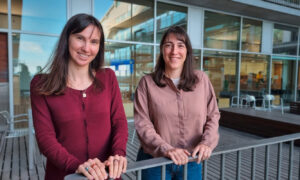
Stopping severe malaria by harnessing natural human antibodies
The findings of the study provide insights into vaccines or treatments to protect people from severe malaria.
SCIENCE & TECHNOLOGY2024
science-technology
Showing results out of

The findings of the study provide insights into vaccines or treatments to protect people from severe malaria.
SCIENCE & TECHNOLOGY2024
science-technology
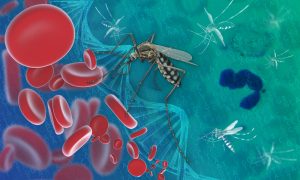
Plasmodium falciparum, a malaria parasite, uses gene conversion to produce genetic diversity in two surface protein genes targeted by the human immune system.
SCIENCE & TECHNOLOGY2024
announcementssciencescience-technology
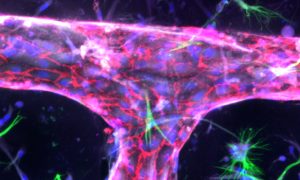
The Bernabeu Group aims to increase our knowledge of cerebral malaria, using in vitro engineered networks of human blood vessels and brain cells.
SCIENCE & TECHNOLOGY2021
picture-of-the-weekscience-technology
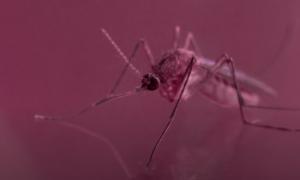
EMBL scientists support research on malaria by providing freely available data resources and using innovative experimental approaches. Our Course and Conference Office facilitates the exchange of knowledge in the field by hosting the annual BioMalPar conference.
SCIENCE & TECHNOLOGY2021
sciencescience-technology
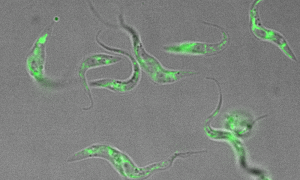
Members of the EMBL community are working to improve our understanding of the parasites that cause malaria and sleeping sickness
SCIENCE & TECHNOLOGY2020
sciencescience-technology
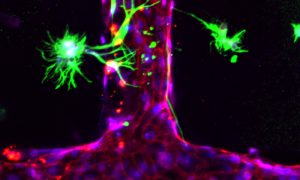
To help understand cerebral malaria the Bernabeu group has created in vitro engineered networks of human blood vessels.
SCIENCE & TECHNOLOGY2020
picture-of-the-weekscience-technology
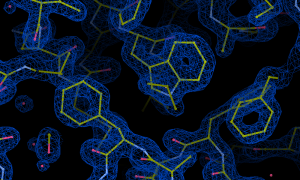
A group of scientists led by EMBL Hamburg’s Christian Löw provide insights into the molecular structure of proteins involved in the gliding movements through which the parasites causing malaria and toxoplasmosis invade human cells.
SCIENCE & TECHNOLOGY2020
sciencescience-technology
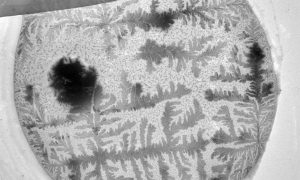
How does your crystal garden grow? EMBL's Electron Microscopy Core Facility was able to capture this garden of blooming crystals as they studied mosquito reproductive cells.
SCIENCE & TECHNOLOGY2020
picture-of-the-weekscience-technology

Maria Bernabeu and Wojciech Galej have each been awarded €1.5 million to research malaria and pre-mRNA splicing, respectively.
EMBL ANNOUNCEMENTSLAB MATTERS2020
embl-announcementslab-matters

New group leader at EMBL Barcelona is investigating how malaria affects the human circulatory system
PEOPLE & PERSPECTIVES2020
people-perspectivesscience
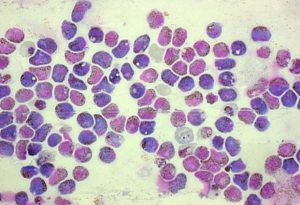
Insights into the reproduction of Plasmodium parasites in mosquitoes reveal rapid and broad activity
SCIENCE & TECHNOLOGY2017
sciencescience-technology
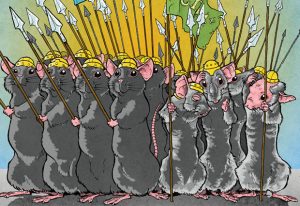
Researchers use single-cell sequencing to understand how cells age
SCIENCE & TECHNOLOGY2017
sciencescience-technology
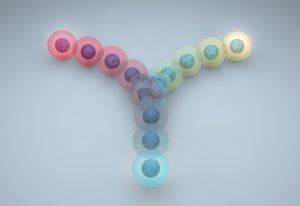
Reconstructing T-cell development in high resolution
SCIENCE & TECHNOLOGY2017
sciencescience-technology
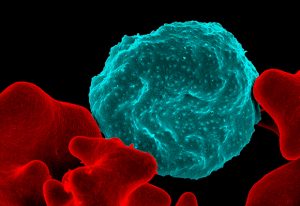
First detailed atlas of start points for genes expression in malaria-causing parasite
SCIENCE & TECHNOLOGY2016
sciencescience-technology
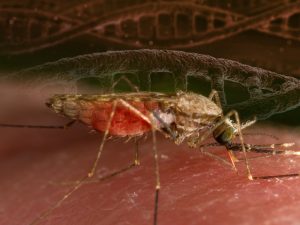
Genome-based insights into evolution of malaria-carrying Anopheles mosquitoes.
SCIENCE & TECHNOLOGY2014
sciencescience-technology
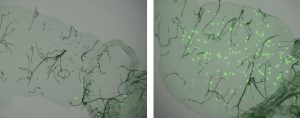
For many years, the mosquitoes that transmit malaria to humans were seen as public enemies, and campaigns to eradicate the disease focused on eliminating the mosquitoes. But, as a study published today in Science shows, the mosquitoes can also be our allies in the fight against this common foe,…
SCIENCE & TECHNOLOGY2009
sciencescience-technology
Today the network of excellence for Biology and Pathology of the Malaria Parasite (BioMalPar), will bring together the world’s elite in the field of Malaria research at the European Molecular Biology Laboratory (EMBL) in Heidelberg. At the second annual BioMalPar conference, organised jointly…
CONNECTIONS2006
connectionsevents
Researchers at the International Centre for Genetic Engineering and Biotechnology (ICGEB) in India and a unit of the European Molecular Biology Laboratory (EMBL) in France have made a key discovery about a molecule that helps the malaria parasite infect human cells. India is one of the countries…
SCIENCE & TECHNOLOGY2005
sciencescience-technology
No results found